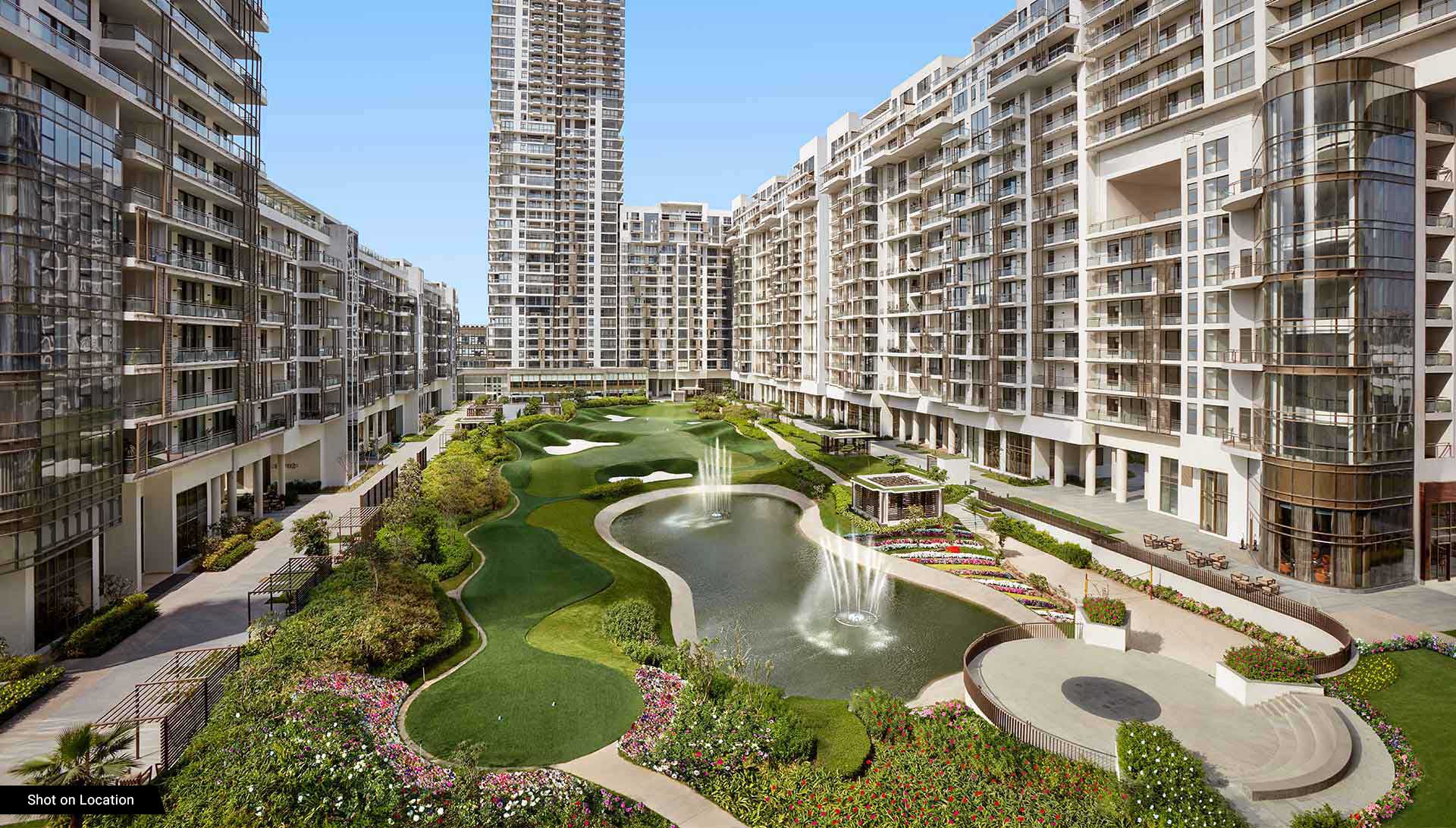Why Adding Political History to Your Life Will Make All the Difference
In a world shaped by politics, understanding the significance of political history can make all the difference in our lives. By delving into the annals of the past and studying the political landscape of different eras, we gain invaluable insights into the present and unlock the keys to shaping a better future. This article explores why adding political history to your life is a transformative endeavor.
Understanding Political History
Political history encompasses the study of political events, leaders, ideologies, policies, and their impact on societies and nations. It examines how power is acquired, exercised, and challenged, and provides a comprehensive understanding of the complexities of governance. By analyzing the dynamics of politics throughout history, we can comprehend the forces that have shaped our world today.
The Relevance of Political History
Political history is more than a mere chronicle of past events. It holds profound relevance to our present and future. By studying the political struggles, successes, and failures of the past, we can gain valuable insights into contemporary political issues. This knowledge equips us with the tools to navigate complex political landscapes and make informed decisions.
Learning from Past Mistakes
Political history provides a vivid record of humanity's triumphs and mistakes. By examining historical blunders, such as totalitarian regimes, oppressive policies, or disastrous conflicts, we can learn from the past to avoid repeating the same errors. Understanding the consequences of political decisions helps us shape a more just and equitable society.
Developing Critical Thinking Skills
Studying political history cultivates critical thinking skills. As we analyze the actions and motivations of political actors throughout history, we learn to evaluate evidence, challenge assumptions, and develop a discerning perspective. This ability to think critically enables us to make well-informed judgments and navigate complex political narratives.
Nurturing Empathy and Compassion
Political history presents us with stories of struggles, sacrifices, and triumphs. By immersing ourselves in these narratives, we develop empathy and compassion for those who have fought for justice and equality. Through understanding the past, we can forge a deeper connection with the struggles of marginalized communities and work towards a more inclusive future.
Cultivating Civic Engagement
Engaging with political history inspires active citizenship. By studying the efforts of past activists, reformers, and revolutionaries, we become motivated to participate in shaping our societies. Political history serves as a catalyst for civic engagement, encouraging us to vote, advocate for causes we believe in, and work towards positive change.
Recognizing Patterns and Trends
Political history reveals patterns and trends that transcend time and geography. By identifying recurring themes, ideologies, and strategies, we gain a broader understanding of political dynamics. This knowledge helps us recognize warning signs, predict potential outcomes, and actively shape political discourse.
Gaining a Broader Perspective
By exploring political history, we broaden our perspective beyond our immediate surroundings. It exposes us to diverse cultures, ideologies, and systems of governance, fostering a global outlook. This expanded worldview promotes tolerance, inclusivity, and a deeper appreciation for the interconnectedness of our world.
Shaping Your Political Identity
Political history assists in the formation of our political identity. By examining different political movements, ideologies, and the consequences of policy decisions, we can develop a more nuanced understanding of our own beliefs and values. This self-reflection empowers us to articulate our political stances effectively and engage in meaningful discussions.
Political History and Decision-Making
Knowledge of political history enhances our decision-making abilities. By understanding the context and consequences of past decisions, we can make more informed choices in the present. Political history equips us with the analytical skills necessary to evaluate policies, assess their potential outcomes, and contribute to effective governance.
Enhancing Communication Skills
Studying political history hones our communication skills. As we engage with different perspectives and analyze complex political ideas, we learn to articulate our thoughts clearly and persuasively. Effective communication enables us to engage in constructive dialogue, bridge divides, and advocate for change.
Political History and Social Awareness
Political history nurtures social awareness. It exposes us to the struggles faced by marginalized communities and highlights the importance of addressing systemic injustices. By understanding the roots of social inequality and the role of politics in perpetuating or challenging it, we can actively work towards a more equitable society.
The Power of Knowledge
Ultimately, adding political history to our lives empowers us with knowledge. It equips us with the tools to engage critically with the world, make informed decisions, and contribute to positive change. By understanding the political past, we become agents of progress in the present and architects of a better future.

%20(1).jpg)



/senior-man-working-in-a-greenhouse-557921401-1469be732eeb48eba745bf822f4833f4.jpg)





 English (US) ·
English (US) ·